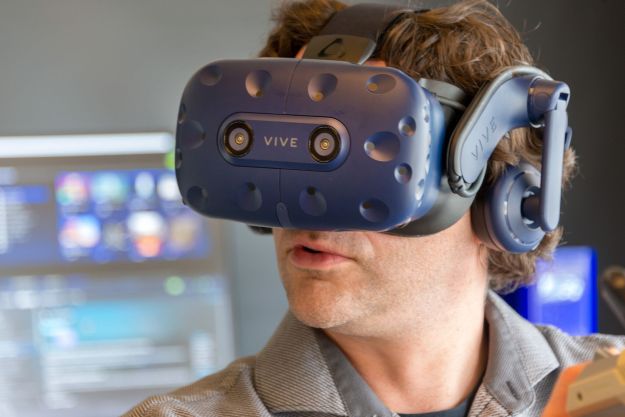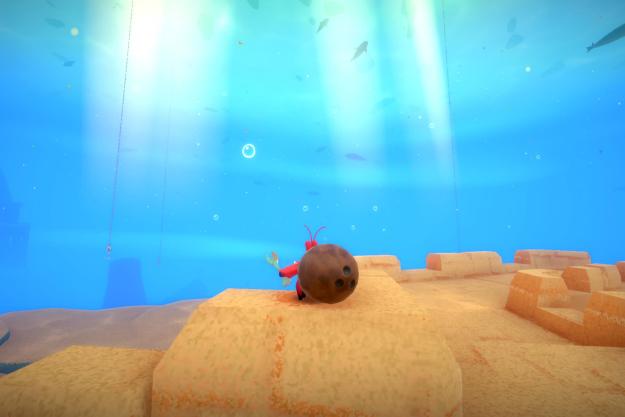The edited boss is one of many small steps developer Atlus, which is handling the game’s localization, has made in the West to reduce the amount of sexually suggestive content, all of which have been tracked by a contingency of fans upset by the changes. In another scene, a female character changing into a bikini now shows the character wearing a different, non-revealing outfit. In the narrative, some characters’ ages have been raised to 18 in North America. None of the changes, it seems, drastically alter the narrative or mechanics of the game.
Like the online outrage directed at Capcom over the removal of a character’s exposed-butt slap from Street Fighter V, and at Nintendo for removing content from the North American version of Fire Emblem Fates, fans angered by the decision call the changes “self-censorship” that detracts from their experience. While every person has their own reasons, the general consensus seems to be a concern that developers who censor Japanese games are repurposing “mature” content for a younger audience.
“I’m finding this level of censorship offensive,” YouTube commenter Antonio Howard said of the changes to Tokyo Mirage Sessions #FE, “normally a few edits I wouldn’t mind but at this point I’m not paying money to play a game that at the worst may have gotten an E 10+ just to preempt faux outrage.”
However, as Street Fighter V developer Yoshinori Ono noted when addressing changes to his game, changes made during localization are often an attempt make sure all North American players are “comfortable” while playing the game. Many fans seem to blame Nintendo, which is publishing the game in the U.S. and has a reputation as a family friendly publisher, for the localization changes. However, in a statement to Game Informer, Nintendo said the game was localized “in a way that is consistent with the localization work they do on games they publish.”
Tokyo Mirage Sessions #FE will come to Wii U in North America on June 24.


